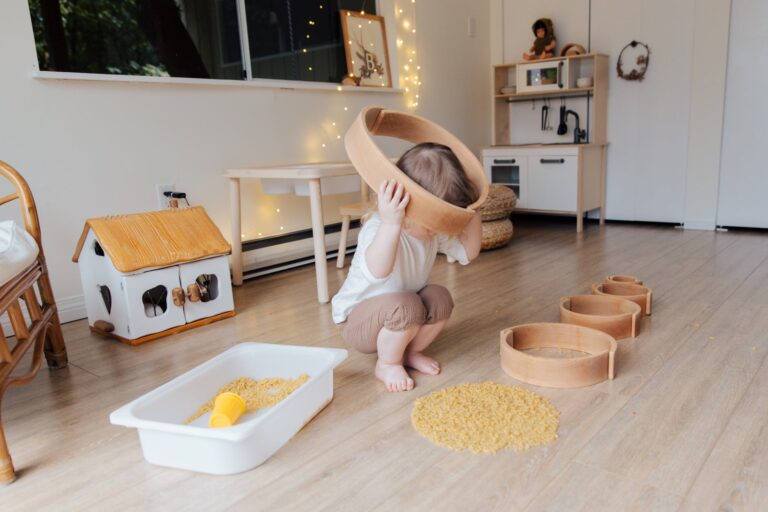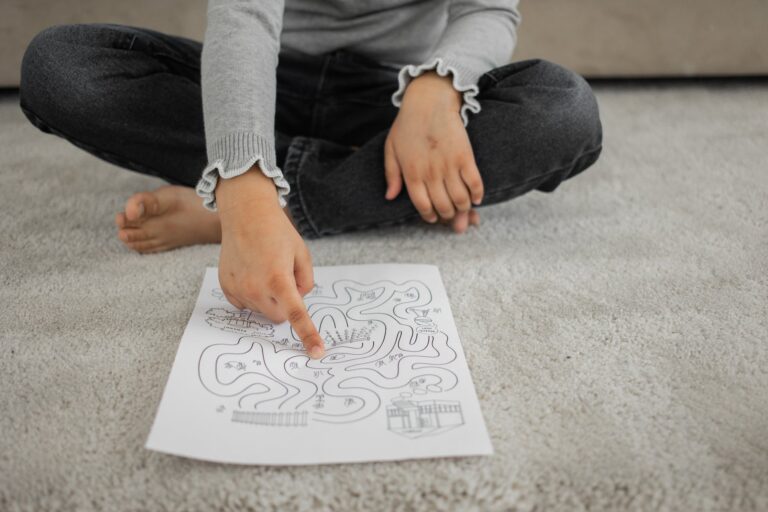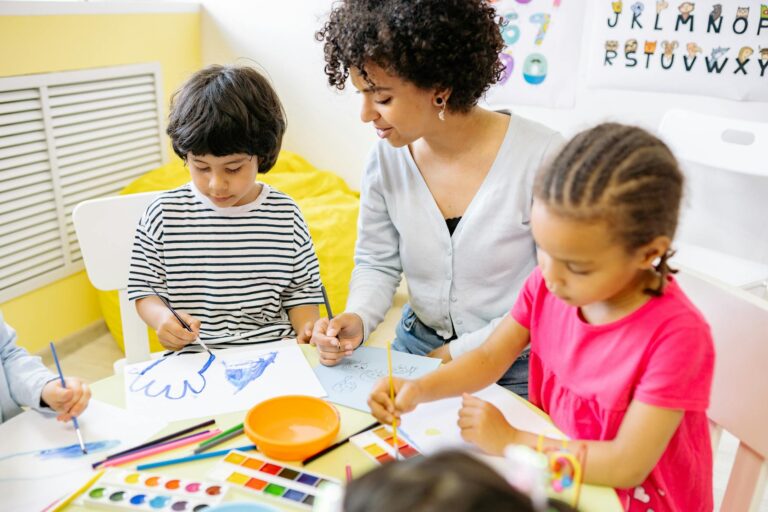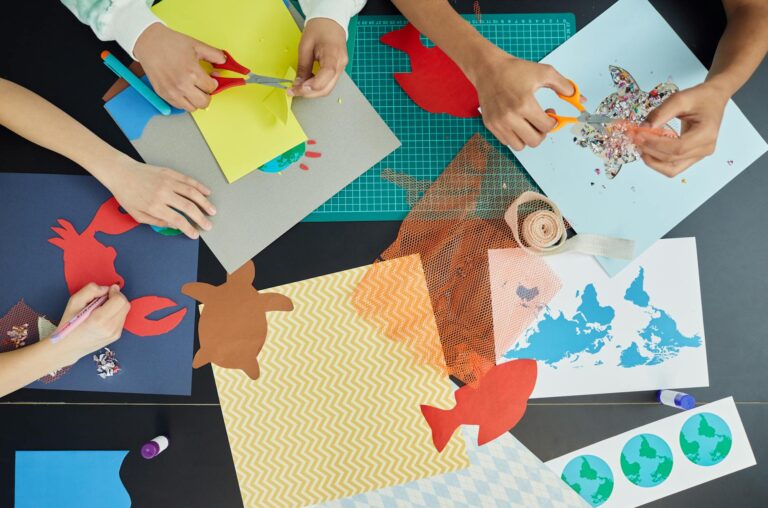10 Ways Nurturing Your Toddler’s Writing Skills: A Fun and Effective Guide for Moms
As a mom with a busy toddler, you’ve probably marveled at how quickly they’re growing and learning. The journey from scribbling with crayons to forming their first letters is a magical one, filled with wonder and discovery. Introducing writing skills at an early age doesn’t just prepare your toddler for school; it fosters creativity, fine motor development, and a love for learning. Here’s a comprehensive guide to help you start nurturing your toddler’s writing skills in a fun and engaging way.
1. Understanding the Importance of Early Writing Skills
Before diving into the activities, it’s essential to understand why early writing skills matter. Writing is more than just putting pencil to paper; it’s a complex process that involves thinking, fine motor control, and language development. By encouraging your toddler to write, you’re helping them:
- Develop fine motor skills necessary for holding a pencil and forming letters.
- Enhance hand-eye coordination, which is crucial for many other tasks.
- Foster creativity and self-expression.
- Lay the groundwork for reading and communication skills.
2. Create a Writing-Friendly Environment
The first step in nurturing your toddler’s writing skills is to create an environment that invites exploration and creativity. Here’s how you can do it:
- Set Up a Writing Station: Designate a small area in your home as a writing station. Equip it with child-friendly materials like chunky crayons, washable markers, paper, and coloring books. Having a dedicated space signals to your child that writing is a special and enjoyable activity.
- Use Vertical Surfaces: Toddlers often find it easier to write on vertical surfaces because it naturally encourages the correct hand positioning. You can use an easel, a whiteboard, or even a chalkboard wall. This also helps strengthen their shoulder and arm muscles.
- Keep it Accessible: Ensure that writing materials are always within your toddler’s reach. This encourages them to write whenever they feel inspired, making writing a natural part of their daily routine.
3. Incorporate Writing into Daily Activities
Toddlers learn best through play and everyday experiences. Incorporating writing into their daily routine can make it feel like a fun game rather than a structured lesson. Here are some ideas:
- Shopping Lists: Involve your toddler in creating a shopping list. Even if they can’t write words yet, let them scribble beside you as you write. This activity helps them understand the purpose of writing.
- Labeling: Encourage your toddler to label their drawings or toys. You can help by writing the first letter and letting them try to copy it. This simple activity helps them associate letters with objects.
- Outdoor Fun: Bring writing activities outside! Use sidewalk chalk to practice drawing shapes, lines, and eventually letters. The large movements required for outdoor writing help develop gross motor skills, which are foundational for fine motor control.
4. Make Writing a Sensory Experience
Toddlers are sensory learners, so incorporating different textures and materials into writing can enhance their learning experience. Here’s how to make writing a multi-sensory activity:
- Sand Writing: Fill a tray with sand or salt and let your toddler use their finger to trace shapes and letters. The tactile experience helps reinforce letter formation and muscle memory.
- Finger Painting: Let your toddler explore writing with finger paints. They can create shapes, letters, or even scribbles that later evolve into recognizable forms. This activity combines art with writing, making it doubly enjoyable.
- Play Dough Letters: Roll out play dough into “snakes” and form them into letters. Your toddler can also press alphabet cookie cutters into the dough. This hands-on activity strengthens fine motor skills and helps toddlers understand letter shapes.
5. Use Fun and Educational Tools
Incorporating educational tools and toys can make writing practice more engaging for your toddler. Here are some options:
- Magnetic Letters: Use magnetic letters on the fridge or a magnetic board to help your toddler recognize and form letters. They can start by arranging the letters in any order and gradually learn to spell simple words.
- Tracing Books: Invest in tracing books designed for toddlers. These books often feature dotted lines that guide your child in forming letters and shapes. Choose books with large, clear letters to match your toddler’s developing skills.
- Apps and Games: There are various educational apps and games designed to help toddlers learn to write. These digital tools often incorporate playful elements like animations and rewards to keep your child engaged.
6. Celebrate Every Milestone
Remember, learning to write is a process, and every small achievement deserves celebration. Whether your toddler draws their first recognizable shape or successfully traces a letter, take time to acknowledge their effort. Positive reinforcement boosts their confidence and motivation to keep practicing.
- Display Their Work: Proudly display your toddler’s writing and drawings on the fridge or a dedicated bulletin board. This not only shows them that their work is valued but also encourages them to keep creating.
- Keep a Writing Journal: Start a simple writing journal with your toddler. Date each page and let them draw, scribble, or attempt letters. Over time, you’ll both enjoy looking back at their progress.
7. Be Patient and Encouraging
Lastly, be patient and encouraging as your toddler embarks on their writing journey. Every child develops at their own pace, and it’s important to keep the experience positive. Avoid pressuring your child to write perfectly or to meet specific milestones by a certain age. Instead, focus on making writing an enjoyable and stress-free activity.
Conclusion
Starting your toddler’s writing journey is a wonderful opportunity to bond with them and lay the foundation for lifelong learning. By creating a supportive environment, incorporating writing into daily activities, and celebrating their achievements, you’ll foster a love for writing that will grow with them.
Remember, the goal is not just to teach your toddler to write but to nurture their creativity, confidence, and love for learning.







